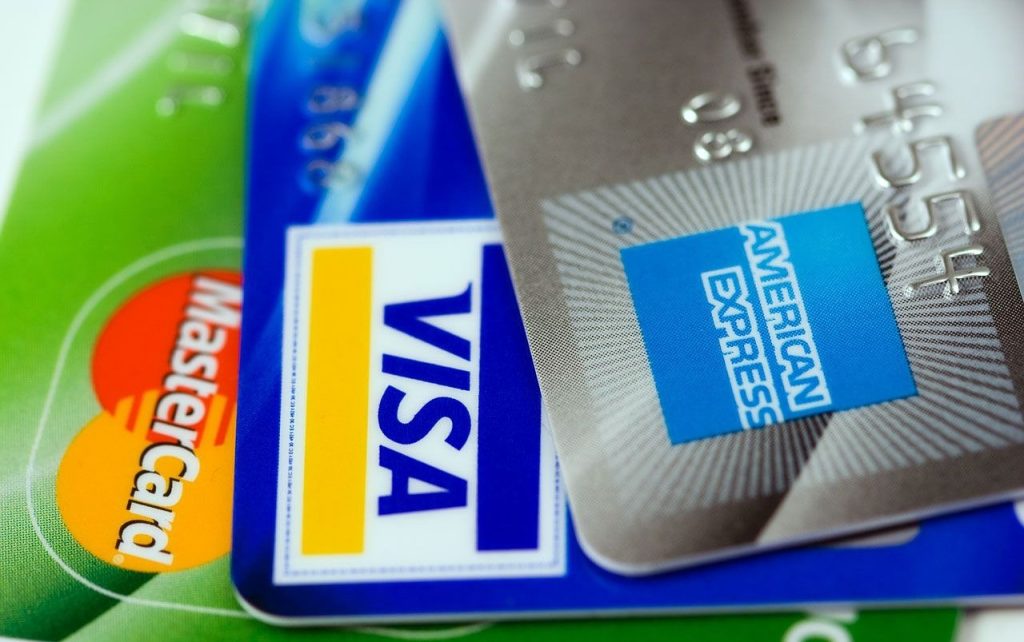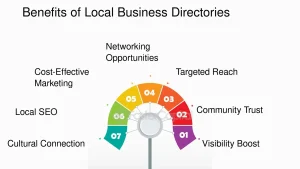Managing your finances effectively is critical in today’s fast-paced world, and one of the most crucial aspects of personal finance is understanding how to check my credit score in UAE & improve it.
In the United Arab Emirates (UAE), knowing how to check and improve your credit score can empower you to make informed financial decisions, enhance your creditworthiness, and secure better financial products.
This blog post will dive deep into the ins and outs of credit scores in the UAE, including what they are, how they are calculated, how to check them, and how to improve them.
What is a Credit Score?
A credit score is a three-digit number ranging from 300 to 900 that reflects your creditworthiness.
In simple terms, it predicts the likelihood of you missing payments over the next 12 months.
A higher score indicates lower risk to lenders, while a lower score suggests that you may be a riskier borrower. In the UAE, a credit score between 680 and 730 is generally considered good.
Your credit score acts as a financial report card, summarizing how you handle your financial obligations.
Banks, lenders, and credit facilities utilize this score to determine whether to grant you loans, credit cards, or mortgages.
How is Your Credit Score Calculated?
The Al Etihad Credit Bureau (AECB) is responsible for calculating credit scores in the UAE.
They compile detailed data concerning your financial history, covering various aspects such as:
- Payment History: Timeliness of payments on loans, credit cards, and bills.
- Credit Utilization Ratio: The proportion of credit you are using relative to your total credit limit.
- Credit History Length: The age of your credit accounts.
- Types of Credit: Diversity in the types of credit you have, such as revolving credit (credit cards) and installment loans (mortgages and personal loans).
- Number of Recent Inquiries: How often you have applied for new credit recently.
The AECB has been providing comprehensive credit reports since 2014 for businesses in UAE as well as individuals and takes into account periodic updates of payment behavior.
How to Check My Credit Score in the UAE
Checking your credit score is simpler than you might think. You can easily access your credit report through the AECB’s official website or mobile app.
Follow these steps:
Online via AECB Website:
- Visit the AECB Official Website: Go to AECB.
- Select the Type: Choose either “For Individuals” or “For Companies”.
- Request a Report: Click on “Get a Credit Report Now”.
- Log In or Sign Up: Either log in or create a new account.
- Pay the Fee: Pay the required fee to download your credit report.
Using the AECB App:
- Download the App: Find the AECB app in the Google Play Store or Apple App Store.
- Log In: Scan your Emirates ID to log in.
- Get Credit Report: Navigate to “Get Credit Report” and pay the fee to download your report.
In Person:
You can also check your score by visiting an AECB branch. Make sure to bring your passport copy, Emirates ID, and a valid email address.
Benefits of Checking Your Credit Score
- Financial Awareness: Regularly checking your score helps you understand your financial position and identify growth opportunities.
- Loan Eligibility: Lenders consider your credit score when evaluating your eligibility for loans and other financial products.
- Negotiating Power: A strong credit score can give you leverage to negotiate better loan terms and lower interest rates.
- Financial Planning: Knowing your credit score allows you to set realistic targets and make informed financial decisions.
How to Improve Your Credit Score
If your credit score isn’t as high as you’d like, don’t lose hope! Here are some steps you can take to improve it:
- Apply for Credit Wisely: Start with a modest credit card or small loan, ensuring you can manage repayments.
- Timely Payments: Always pay your bills, loans, and credit cards on time. Consider setting up automatic payments to avoid late fees.
- Monitor Your Credit Report: Regularly check your credit report for accuracy, and dispute any errors you find.
- Manage Credit Utilization: Use credit responsibly and aim to keep your balances well below your credit limit (ideally below 30%).
- Limit New Applications: Multiple applications in a short time can lower your score, so be strategic with your credit applications.
- Pay Down Debts: Prioritize paying off outstanding bills and credit card debts.
- Maintain Old Accounts: Keeping older accounts open can help maintain a longer credit history.
Common Myths About Credit Scores
There are several misconceptions regarding credit scores. Here are the facts:
- Myth: Checking your own credit score will hurt it.
- Truth: This is a “soft inquiry” and has no impact on your score.
- Myth: Your salary directly affects your credit score.
- Truth: While income impacts your ability to repay debts, it does not directly affect your credit score.
Conclusion
Being knowledgeable about your credit score in the UAE is a vital component of financial literacy.
With a well-rounded understanding of how credit scores operate, you can make substantial strides toward financial independence.
Remember, maintaining a high credit score requires proactive management, so treat it with the attention it deserves.
Stay informed, make prudent financial choices, and you’ll see a positive change in your credit score over time.
Frequently Asked Questions (FAQs)
- How can I check my credit score in the UAE?
You can check your score via the AECB website for a fee of AED 10.50. - How can I get my credit report online?
Visit the AECB website to obtain your complete credit report for AED 84. - What is considered a good credit score in the UAE?
A score of 680 to 730 is generally seen as a good credit score. - What is the difference between a credit score and a credit report?
Your credit score provides a summary of your creditworthiness, while a credit report details your credit history including accounts and payment history. - Can someone with a bad credit score obtain a loan in the UAE?
It’s challenging, but some lenders may offer loans at higher interest rates if you have sufficient income.
By understanding and actively managing your credit score, you position yourself for a better financial future filled with opportunities.









